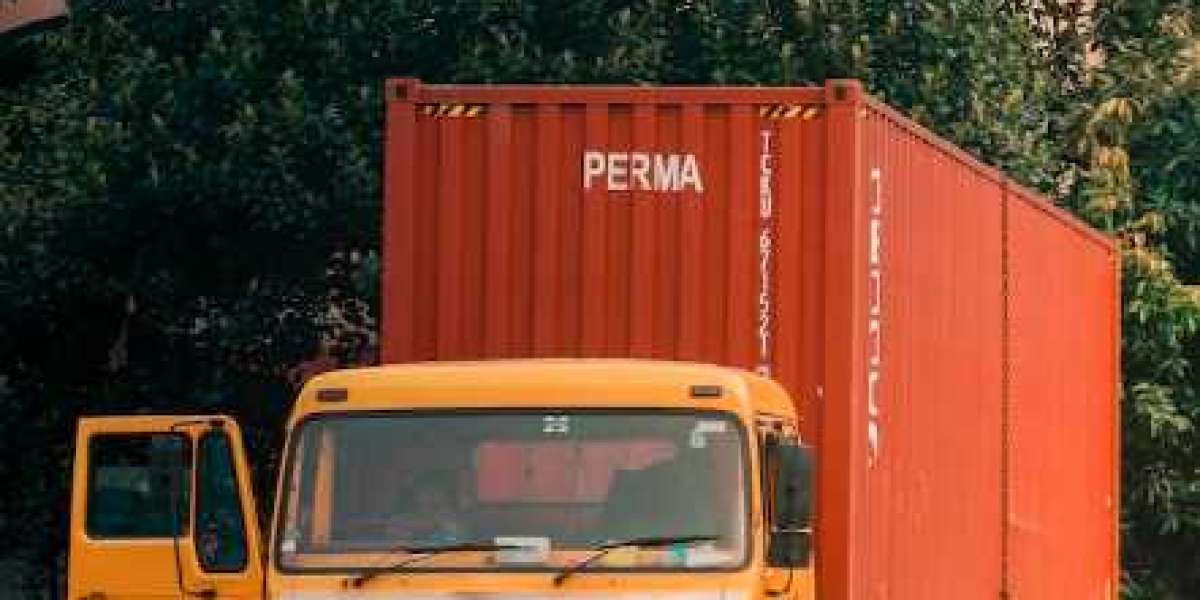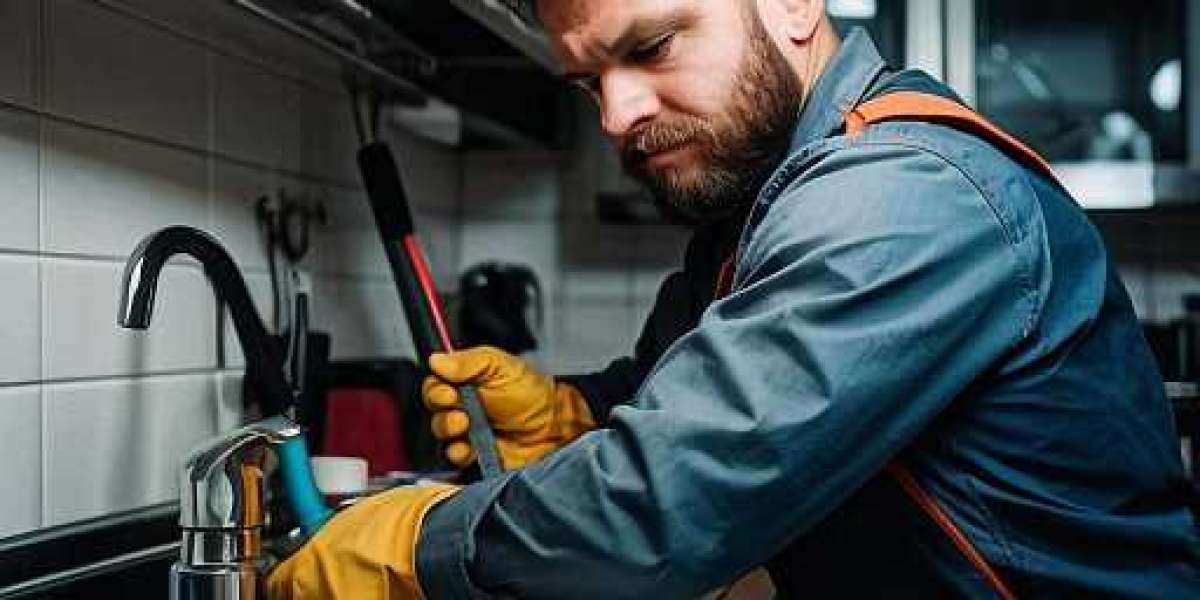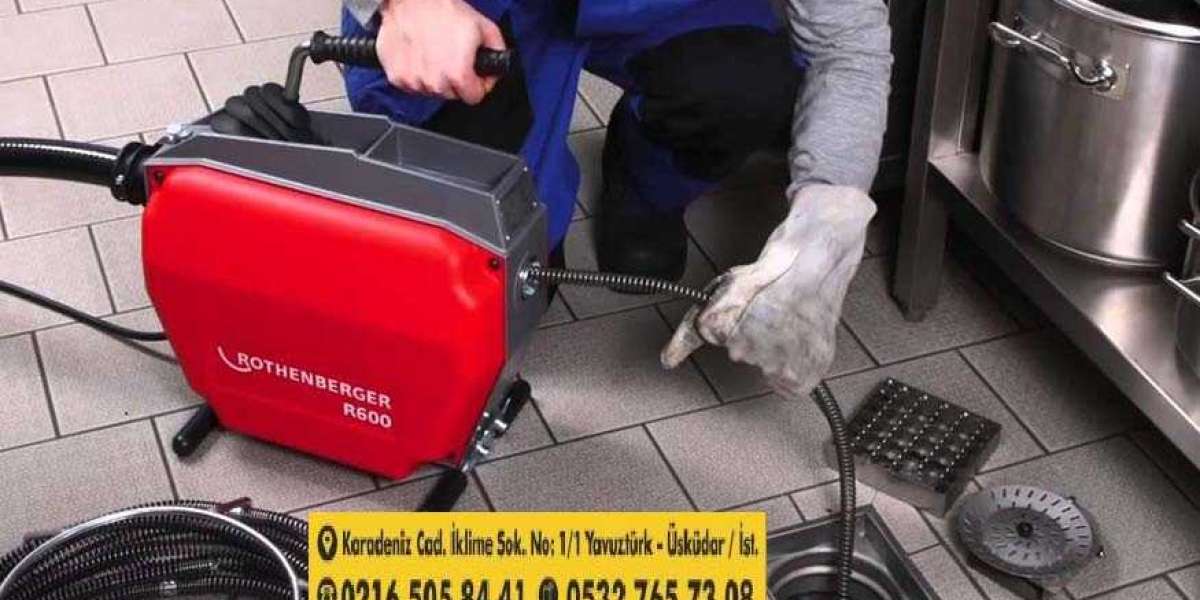If you order large quantities of products on a regular basis, it's possible that you've developed a container loading strategy to ensure that your products arrive in good condition when they do. It's possible that you've also put in place packing and labeling systems, as well as taken other precautionary measures to keep product damage to a minimum. However, how do you ensure that your supplier follows all of your specifications to the letter? What are your options?
Performing a container loading supervision service can help ensure that a supplier loads the correct products in the correct quantities and that the loading plans are followed by the supplier and his or her employees. An inspector is responsible for inspecting the loading process and ensuring that all packaging materials, labels, and barcodes are in compliance with your specifications. How do these inspections work, and how do you know whether or not you need one? What questions do you have? Let's go into more detail about this topic.
What is the procedure for conducting inspections of container loadings prior to shipment?
Upon completion of all of the items on your purchase order, the factory will need to load them into a container for shipment overseas. There are two options available to you: sending an internal inspector or hiring a third party to conduct the inspection and supervise the loading of the shipping container.
You may be required to inspect a factory, warehouse, or port in certain circumstances, depending on the circumstances. During his visit, the inspector will check to see that the master carton and pallet labeling are in compliance with your specifications, as well as that the container itself is in compliance with those specifications.
During the loading supervision process, the following checks may be carried out:
Packaging and labeling are currently in good condition.
Loading is the procedure that is followed.
The condition of the container and its suitability for use
Investigating and evaluating the documents that are being loaded
The inspector verifies that the supplier adheres to the procedures for loading and transporting the goods, which are detailed in the contract. Throughout the process, they ensure that nothing goes missing and that workers handle everything with the utmost care and consideration. Your products will be in better condition when they arrive at their destination because they will have survived the long journey across the ocean.
Considering your situation, do you think it's necessary to conduct loading inspections?
A variety of inspections can be performed to ensure that your products are of high quality at various stages of the manufacturing process, and each type of inspection has its own set of benefits. Inspections performed prior to production, during production, and prior to shipment are examples of what is meant by this.
However, while these various inspection types help to ensure that the factory manufactures products that are exactly to your specifications, they do not take the loading procedure into consideration. Things can quickly spiral out of control if there is any mishandling during the loading process, as well. It is possible to ensure that your supplier meets all of your requirements as well as those of the final customer by conducting inspections during the loading process.
Inspections of container loading should be incorporated into your preparation schedule.
An inspection of the container loading process should be considered if you want to see exactly what your supplier is loading into the container and how they are doing it. When it comes to full container orders, the vast majority of businesses that do so on a regular basis view them as an additional tool in their supply chain management toolkit.
It is common for them to have a comprehensive quality control plan that includes inspections prior to shipment, during production, prior to pre-production, and during loading. They will be better able to manage their supplier relationships if they use all of these tools at different times throughout the year.







